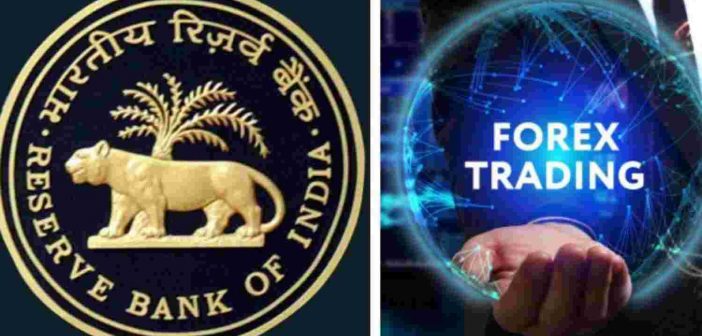In a global economy increasingly driven by digital transactions and investment opportunities, a significant portion of Indian citizens find themselves on the sidelines of the forex market, grappling with regulatory hurdles, financial barriers, and a lack of knowledge. Despite the potential for significant gains, navigating the complexities of foreign exchange trading remains a daunting task for many due to stringent regulations, currency volatility, and limited access to resources.
At the forefront of the challenge lies the regulatory landscape governing forex trading in India. The Reserve Bank of India (RBI) imposes strict guidelines and regulations to control currency trading activities, aiming to curb speculative trading and protect the stability of the Indian Rupee. Under these regulations, Indian residents are prohibited from trading currencies directly in the international market, except for trading in recognized exchanges such as the National Stock Exchange (NSE), Bombay Stock Exchange (BSE), and Metropolitan Stock Exchange (MSEI).
Furthermore, the lack of awareness and understanding among the general populace exacerbates the issue. Many Indians remain unaware of the potential benefits and risks associated with forex trading, leading to a reluctance to venture into this financial domain. Without proper education and guidance, individuals may shy away from exploring forex trading as a viable investment avenue, limiting their financial growth and diversification opportunities.
The cost dynamics of the Indian Rupee also play a significant role in hindering forex trading activities. The inherent volatility of the Rupee, influenced by various domestic and international factors, introduces an element of unpredictability into forex transactions. As a result, traders must contend with fluctuating exchange rates and currency risks, which can impact their profitability and investment decisions.
Moreover, the accessibility of forex trading platforms and brokerage services remains a challenge for many Indians. While technological advancements have facilitated online trading platforms, stringent regulatory requirements and restrictions on cross-border transactions limit the options available to Indian investors. Additionally, the cost associated with opening and maintaining forex trading accounts, coupled with transaction fees and charges, further deter potential traders from entering the forex market.
Despite these challenges, there is a growing recognition of the potential benefits of forex trading among Indian investors. With the rise of digital literacy and increasing access to financial information, more individuals are seeking to capitalize on global market opportunities and diversify their investment portfolios. However, unlocking the full potential of forex trading in India requires a concerted effort to address regulatory barriers, enhance financial literacy, and expand access to reliable trading platforms and resources.
In conclusion, the obstacles hindering forex trading in India are multifaceted, encompassing regulatory constraints, lack of knowledge, currency volatility, and accessibility issues. As the global economy continues to evolve, it is imperative for policymakers, financial institutions, and educational organizations to collaborate in fostering a conducive environment for forex trading, empowering Indian investors to participate fully in the global financial landscape. Only through concerted efforts can we bridge the gap and unlock the potential of forex trading for the benefit of all.






